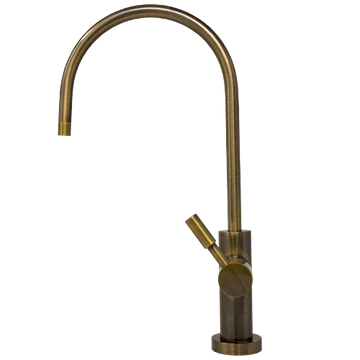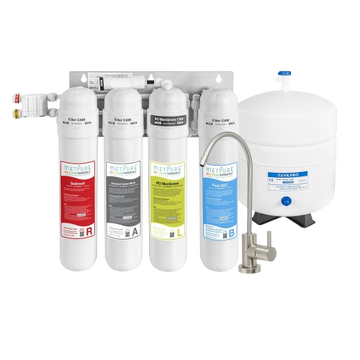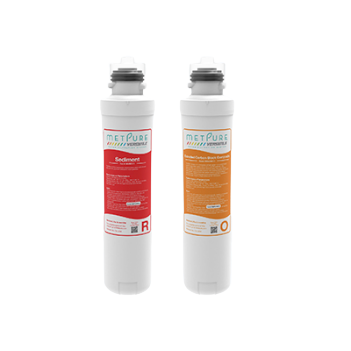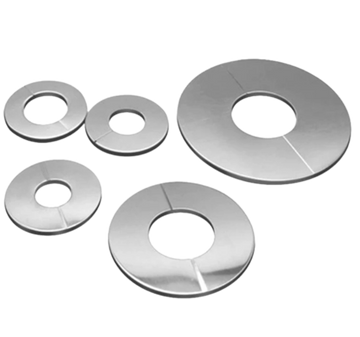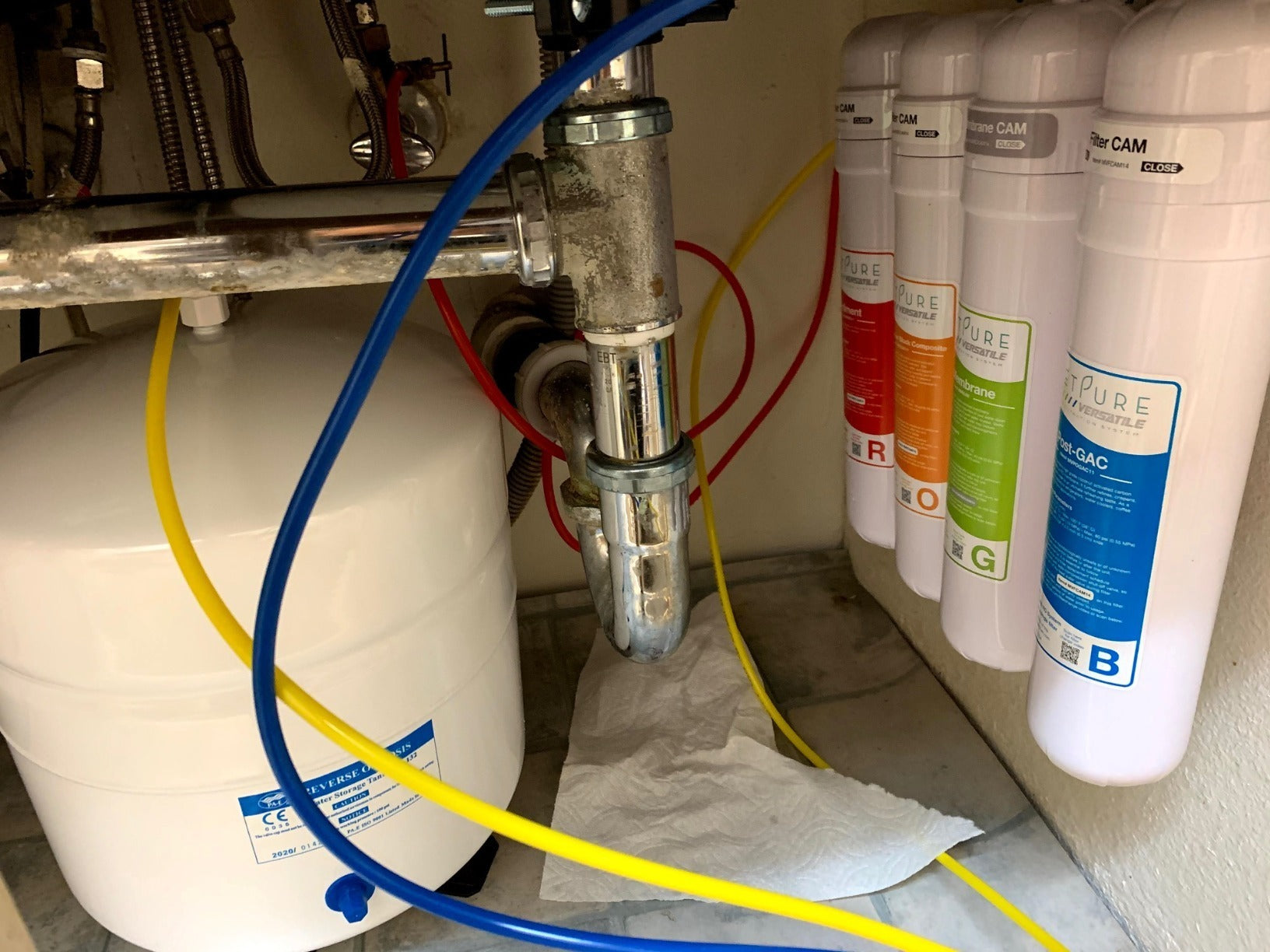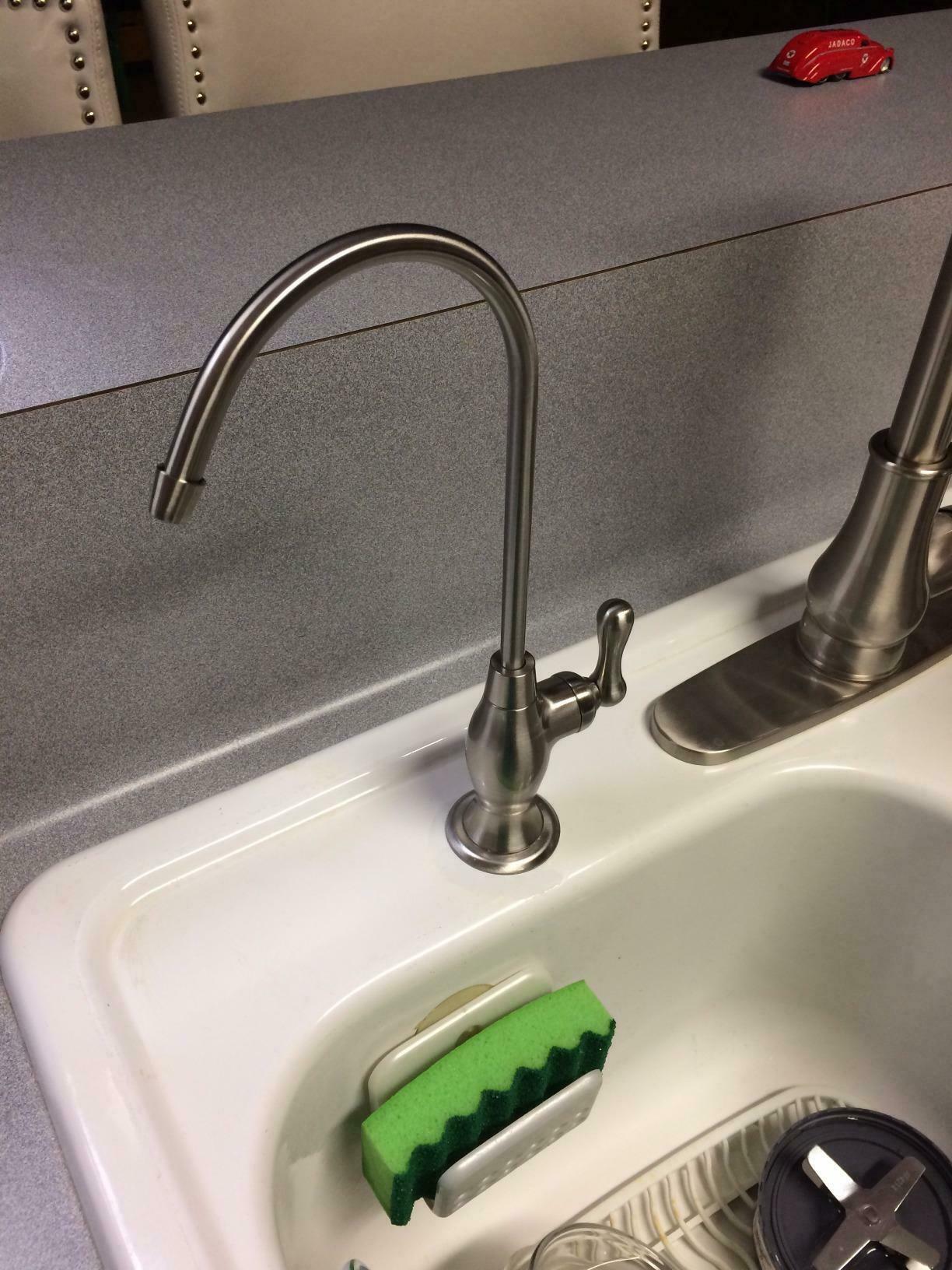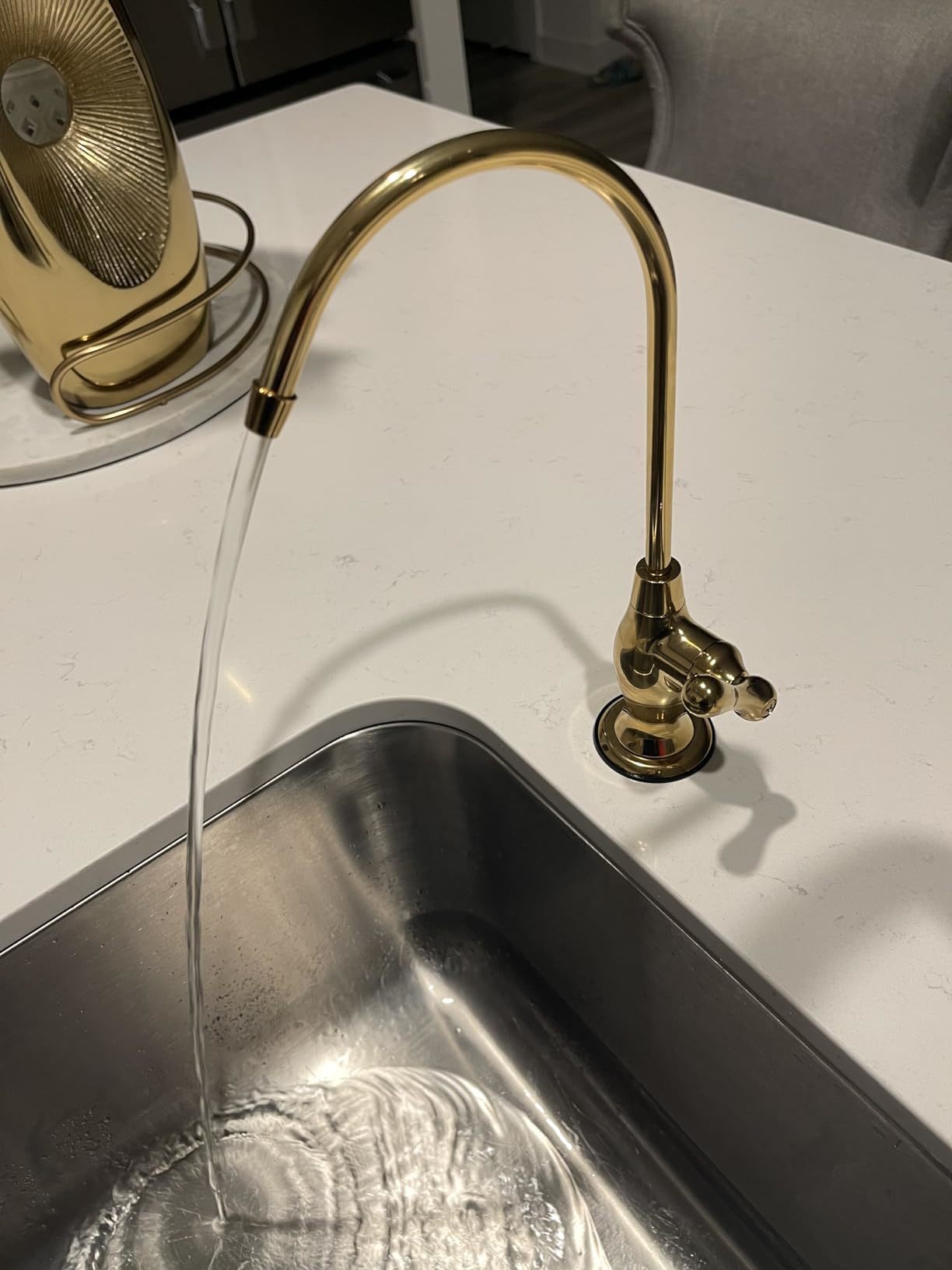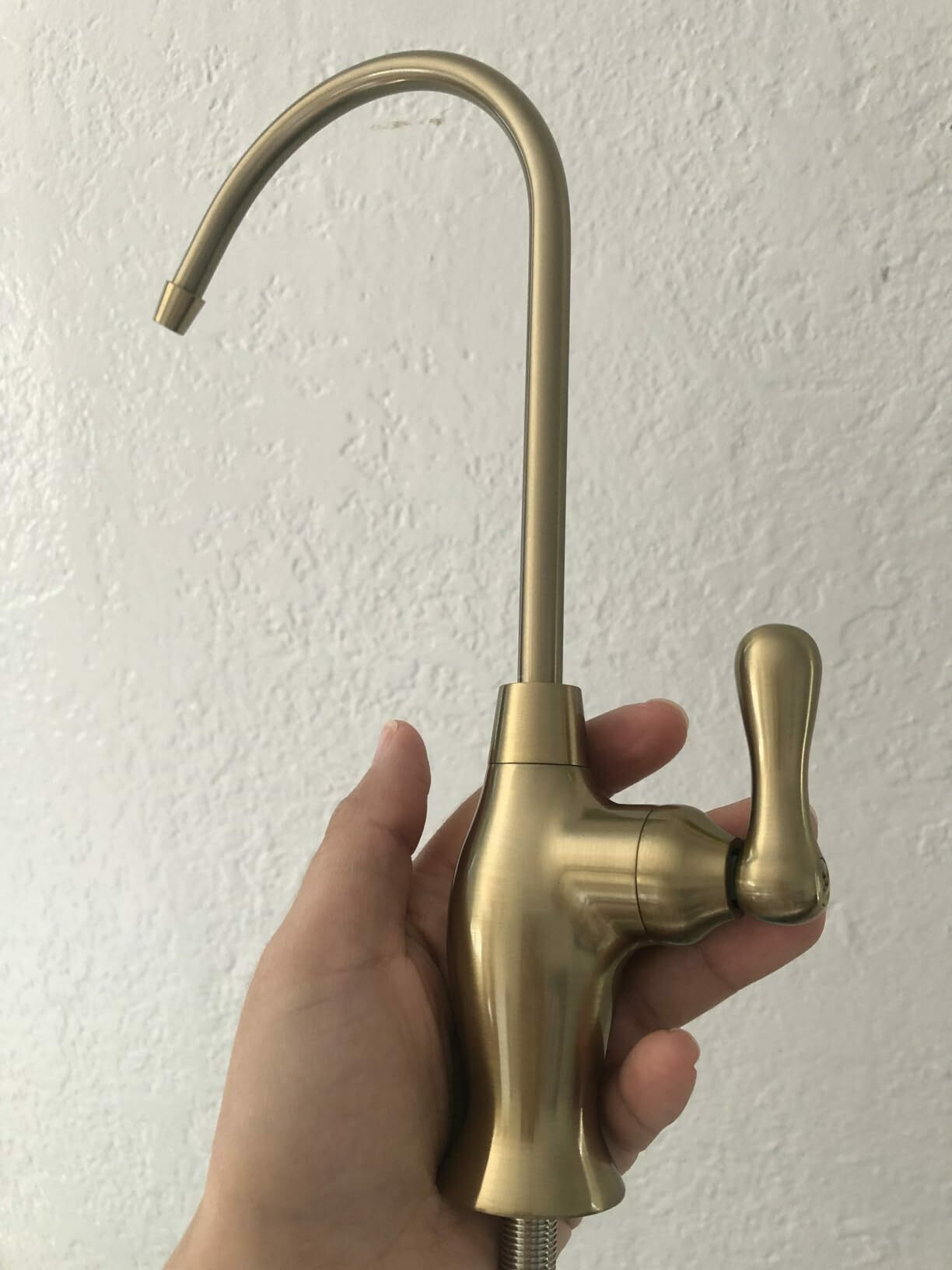Mineral water can provide helpful hydration and add nutrients to your diet. It is also a good source of magnesium, which can help ease constipation. One study found that drinking 1 liter of mineral water per day lowered levels of “bad” LDL cholesterol and increased levels of healthy HDL cholesterol.
Natural Source of Minerals
Mineral water contains essential nutrients, such as calcium, magnesium, and potassium. These minerals help maintain proper bone and teeth health, as well as support the function of muscles and nerves. They also contribute to proper heart health and reduce the risk of high blood pressure. However, the sodium content of some mineral waters may be too high for people who follow a low-sodium diet. Moreover, the presence of microplastics in some mineral water has been linked to increased inflammation and early signs of aging.
Like wine and cheese, mineral water can have a “terroir” that reflects its place of origin. This unique flavor can be subtle or more pronounced, depending on the minerals and dissolved solids in the water. For example, mineral water from regions with limestone might taste crisp and pure, while water containing halite might have a more salty flavor.
The magnesium and calcium in mineral water promote good digestive health by stimulating the production of enzymes that aid digestion. It also helps prevent constipation and keeps the intestines hydrated. Magnesium also helps relax the muscles of the intestines, which in turn promotes regular bowel movements and decreases the risk of kidney stones.
In addition, mineral water is rich in potassium, which is important for maintaining healthy heart health. In one study, post-menopausal women who drank 1 liter of mineral water a day for two months showed lower levels of triglycerides and LDL cholesterol. It also helped lower their systolic and diastolic blood pressure.
Good Source of Hydration
Mineral water is a great source of hydration and provides a refreshing alternative to sugary beverages. It contains calcium, magnesium, and potassium, all essential electrolytes that promote fluid balance and muscle function. In addition, it can help reduce the risk of heart disease by maintaining proper blood pressure and lowering bad cholesterol levels.
It can also provide a healthy boost to your digestive health. Drinking mineral water can help improve constipation and enhance overall digestive health by promoting hydration and reducing the risk of kidney stones. It also helps to prevent acidity and is a natural laxative for the intestines and bile ducts.
The mineral content of mineral water varies from source to source, but all mineral waters offer certain benefits. For instance, they contain calcium and magnesium, which are essential for bone health and regulating heart function. They also provide trace minerals that promote healthy blood circulation. A study found that women who drank one liter of mineral water per day experienced a decrease in their blood pressure and triglyceride levels.
However, it is important to consider the sodium content of mineral water before drinking it. Taking in too much water can dilute the amount of sodium that your body retains, leading to a condition called hyponatremia. Therefore, you should drink mineral water only in moderation and preferably from a point-of-use dispenser.
Good Source of Antioxidants
Water is a good source of antioxidants, which are chemicals that can kill free radicals and prevent damage to the body. These free radicals can be derived from the body’s own metabolism, as well as environmental sources such as pollution and smoke. Some of the most common antioxidants include vitamin C, vitamin E, beta-carotene, and minerals selenium and manganese. Drinking a glass of mineral water with a high concentration of antioxidants can help prevent diseases such as cancer, heart disease, and Alzheimer’s disease.
Many natural mineral waters have proven health benefits, although some have also come under fire due to concerns about plasticizers and endocrine disruptors. These chemicals migrate from the plastic bottles into the water, and may have adverse effects on human health. However, these issues are still unproven. In the meantime, bottled mineral water can be used as a substitute for tap or filtered drinking water.
The types and amounts of minerals in a bottle of mineral water can vary depending on where it is sourced, which affects its taste and health benefits. For example, some mineral water is enriched with calcium and magnesium, which can boost bone health and prevent osteoporosis. Other mineral water contains sodium, which helps with muscle function and nerve impulse transmission.
Good Source of Calcium
Many mineral water brands come from natural springs or reservoirs that are rich in minerals. These naturally occurring minerals are what give mineral water its distinctive flavor and health benefits. These include calcium, magnesium, potassium and sulfates. These are important nutrients that play a role in bone health and muscle function. However, mineral water is not a substitute for a healthy diet. It is also important to avoid overdoing it because too much water can dilute the amount of sodium in your body. This is a dangerous condition called hyponatremia and can cause coma and death.
In addition to promoting healthy bones, calcium from mineral water can help prevent metabolic syndrome. A recent study published in Nutrients found that drinking two liters of mineral water each day could significantly reduce risk factors for this disorder, such as blood pressure, triglycerides and HDL-cholesterol. This is because the ionic form of mineral water makes it easier for your gastrointestinal tract to absorb the mineral content.
Another benefit of mineral water is that it can enhance the taste of foods. It can be added to soups, stews and even steaming vegetables. This helps to add a subtle flavor without adding too much salt. In addition, mineral water is low in calories and sodium. It is an ideal option for people who are avoiding milk and other dairy products because of lactose intolerance or other reasons.





